Over the last decade, technology has enabled new business models that challenge traditional definitions of employment and consumption. The “sharing economy” allows anyone to rent unused items and sell their labor through a smartphone app or website. Driving for Uber or renting a spare bedroom on Airbnb gives car owners and homeowners another source of revenue, and travelers can choose an alternative to taxis or a hotel room. The sharing economy improves the productivity of underutilized assets by distributing access over a large group of users.
Despite their benefits, sharing economy businesses have been criticized for circumventing regulations in established industries. On May 7, Austin voters defeated a measure to eliminate fingerprinting and background checks for ride-share drivers. Meanwhile, complaints over compensation and benefits have led to lawsuits over the classification of sharing economy workers. Airbnb has also taken steps to combat racial bias among some of its hosts. As the sharing economy expands in size and scope, what protections do workers and customers need, and how should existing regulations adapt? Brookings scholars Niam Yaraghi, Scott Andes, Adie Tomer, and Susan Hennessey offer their perspectives on the costs and benefits of the sharing economy.
Smart policy making requires sound data analysis
Niam Yaraghi is a fellow in the Brookings Institution’s Center for Technology Innovation.
In the wake of sharing economy platforms, regulators wonder if they should react, and how. Take ride sharing platforms such as Uber for example: while many city officials have embraced it, the cities of Portland, Austin, and Las Vegas have been contemplating how they should allow the company to operate in their cities. Making such decisions is very difficult because although everyone has their own opinion about these platforms, there is hardly any data on how Uber affects other businesses and individuals.
Some argue that ride sharing platforms bring the benefits of disruptive innovation to the consumers and they should be allowed to flourish unfettered, but opponents argue that these platforms hurt more than they help. While most of the arguments make sense, without independent analysis of empirical evidence, they remain unsubstantiated.
I believe that sharing economy platforms, including Uber, Lyft and Airbnb, should now open up their datasets to independent scholars, researchers, and scientists and allow them to examine how they operate and interact with other sectors of economy and society. As long as we lack a thorough, clear, and unbiased understanding of the costs of and benefits of the sharing economy, any kind of regulation will be a game of chance driven by personal opinion or political bias.
Incumbent complaints are nothing new
Scott Andes is a senior policy analyst and associate fellow at the Anne T. and Robert M. Bass Initiative on Innovation and Placemaking, a part of the Centennial Scholar Initiative at the Brookings Institution.
As the sharing economy expands, incumbent businesses and industries are doing what legacy players always do when confronted with technology-driven insurgents—they are using the regulatory process to stave off competition. Over the last half decade, for example, Uber and Lyft have experienced partial or total bans in dozens of cities around the world, almost always driven bytaxi industry lobbying. While questioning the business models of particular firms in the sharing economy may be legitimate, hindering economic activity on behalf of economic dinosaurs is not.
Of course none of this is new. When e-commerce retail reached critical mass in the mid-2000s, brick-and-mortar businesses rushed to their state legislators to throw up roadblocks. Eye doctors lobbied that contact lens are classified as medical devices and selling them online could hurt patients, while car dealerships argued consumers may be swindled by websites that sell cars and therefore only physical dealerships should be allowed.
Similar efforts have been made against automation. In California, grocery store unions have claimed self-service kiosks would lead to an increase in underage drinking and should be outlawed. Of course, in all these cases, the arguments made by lobbying groups are a ruse. The goal of regulations should be to protect consumers while ensuring a fair playing field for competitors. Rules that punish new channels of commerce such as the sharing economy to benefit less efficient incumbents are bad for consumers and bad for the economy.
Changing how we regulate space
Adie Tomer is a fellow at the Brookings Institution Metropolitan Policy Program and a member of the Metropolitan Infrastructure Initiative.
One of the most attractive features of the sharing economy is how it’s already redefined urban spatial form and economy—an intoxicating blend of spatial efficiency delivered at a profit. Digital connectivity facilitates people’s ability to rent-out spare bedrooms and basements, keep parking spaces full all day, hop on-and-off a bicycle that doesn’t belong to you, and jump across town in a shared cab with a stranger heading the same direction. This ability to make more consistent use of what was already there has created new revenue streams to an entirely new class of entrepreneurs and asset owners, with significant impacts on incumbent firms in the relevant industries.
While sharing economy services raise legitimate questions about how society regulates workers, asset owners, and even customers in those industries, we also must not lose sight of what the sharing economy could mean for how we regulate space. The Airbnb fight in Paris raises new, complicated questions about neighborhood identity. The debate is far from over on whether shared rides and autonomous vehicle technology will reignite or temper demand for suburban sprawl. Much like how regulators cannot ignore the presence of sharing economy firms, so must urban leaders begin to address how the sharing economy will shape their spatial form.
Did Congress regulation-proof the sharing economy?
Susan Hennessey is Fellow in National Security in Governance Studies at the Brookings Institution. She is the Managing Editor of the Lawfare blog, which is devoted to sober and serious discussion of “Hard National Security Choices.”
Airbnb has sued the city of San Francisco over a newly-enacted ordinance that requires hosting platforms to verify that short- term rental listings are registered with the city. Under Section 230 of the Communications Decency Act (CDA 230), the company argues it cannot be held liable for any content users post on its platform, including illegal rentals. The immunity granted by CDA 230 is hailed as a cornerstone of technological innovation—without it there probably wouldn’t be a Google or a Facebook. But the standoff in San Francisco illustrates a moral hazard: companies like Airbnb have strong financial incentives to risk violations of law, yet are immunized from liability mechanisms designed to encourage responsible behavior.
What’s a city to do?
Convince Congress to fix its unintended error. When immunity leads to abuse, Congress can intervene to limit damage while protecting innovation. Legislators struck precisely such a compromise with the Digital Millennium Copyright Act, setting conditions providers must meet to avoid copyright infringement liability. As the sharing economy develops in the form of online platforms, Congress must decide baseline obligations of corporate citizenship. Laws must balance innovation and the protections afforded by state and federal regulations—including housing and rental codes.
The sharing economy offers untold economic and social promise. But circumventing rules that keep our cities safe, healthy, and functional is not “disruption,” it’s just breaking the law.
The Brookings Institution is committed to quality, independence, and impact.
We are supported by a diverse array of funders. In line with our values and policies, each Brookings publication represents the sole views of its author(s).


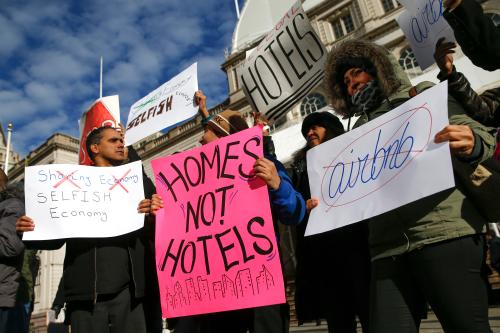
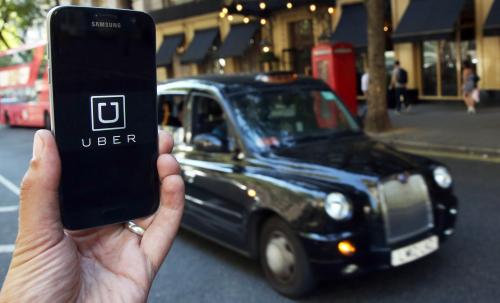
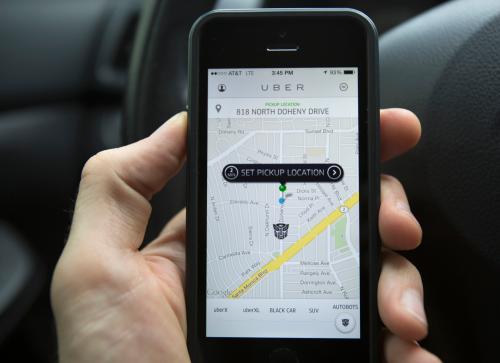
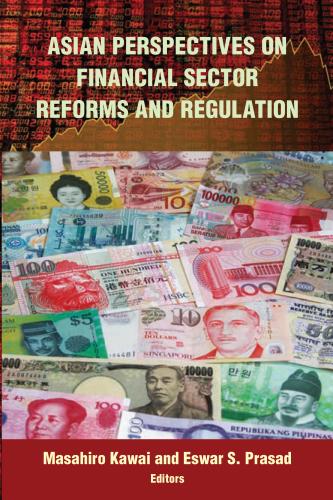
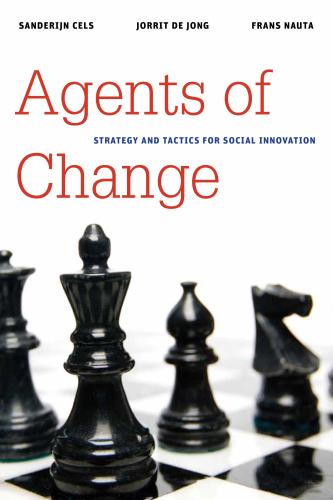
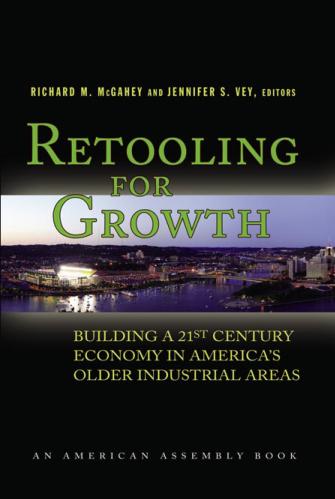



Commentary
Alternative perspectives on the sharing economy
July 13, 2016